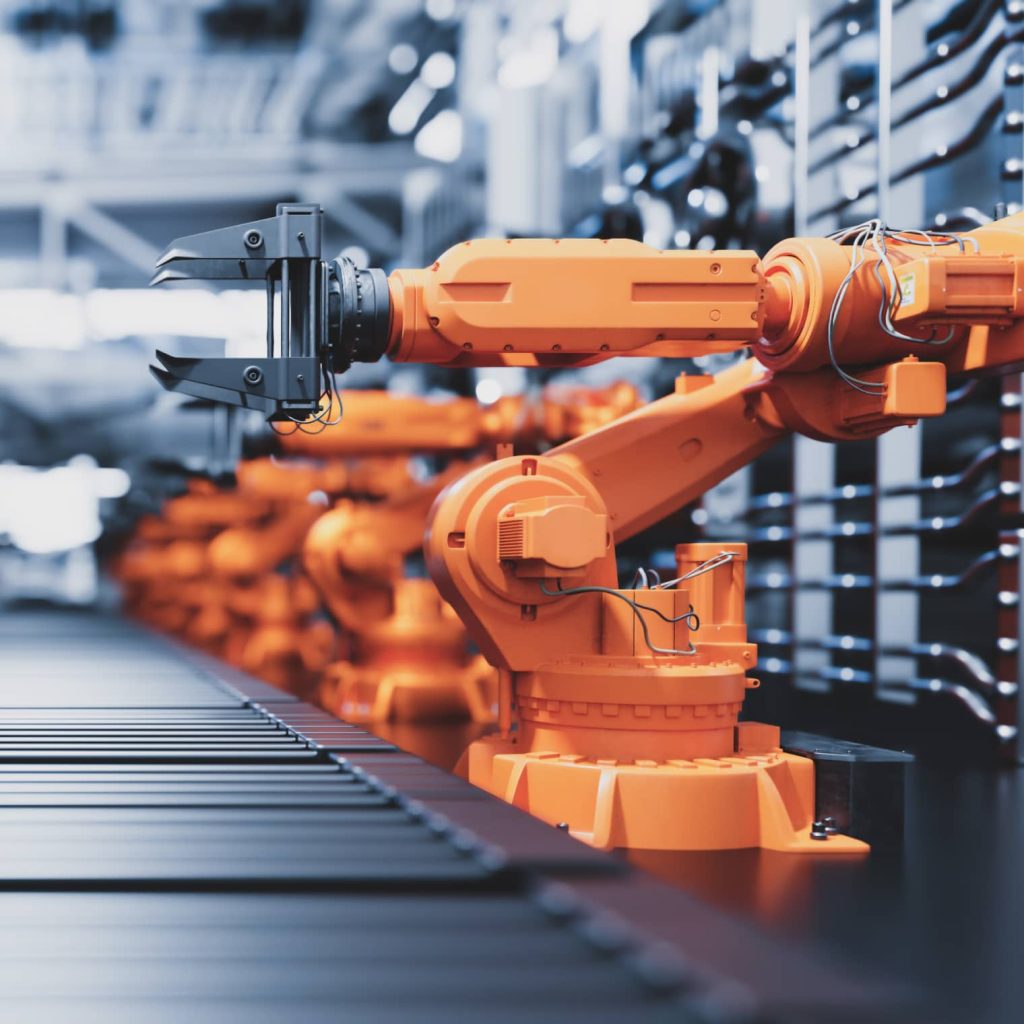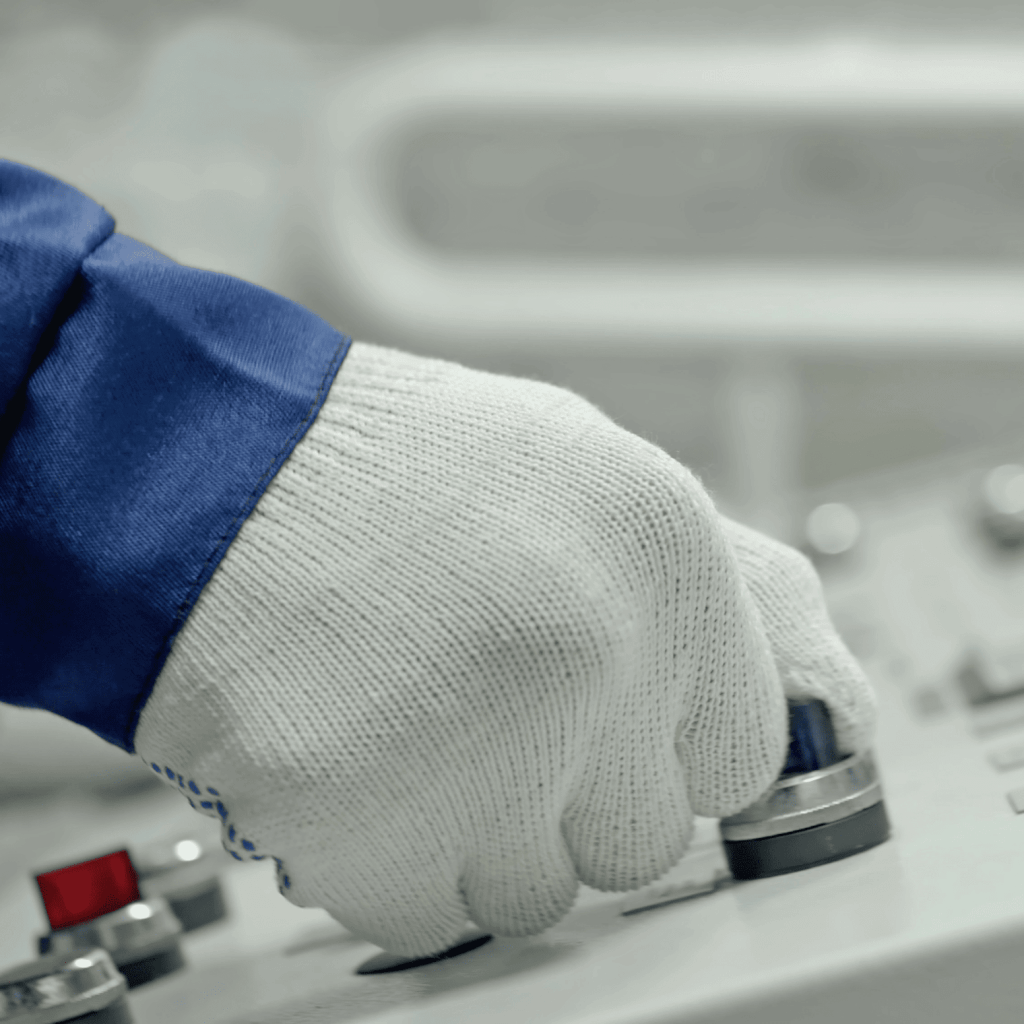
Balancing value against risk
As businesses increasingly adopt robotic process automation (RPA), it is essential to be aware of the security risks associated with this technology. While RPA brings a host of advantages, ranging from increased efficiency to cost savings, it also poses compound but solvable concerns. These risks range from typical security issues to broader business risks, making awareness and mitigation essential for maintaining security and compliance.
Although there are some risks involved, the adoption of RPA is snowballing - with predictions that the market will reach $22 billion by 2025. This technology has been shown to be extremely valuable; for example, Telkomsel saved over 110,000 hours per month in 2021 by using RPA and IDP toolkits.
However, businesses must remember the unique and widespread security risks of RPA. Technology leaders, including fintech businesses, must know these less familiar risks and take appropriate measures to address them. Ultimately, while RPA offers many benefits, it is crucial to approach its implementation cautiously and prioritise security and compliance to ensure the technology's successful adoption.
What are the robotic process automation security risks?
In many ways, RPA is a unique technology which is why robotic process automation security risks are somewhat different. Consider the fact, for example, that RPA effectively behaves like a human being, making use of standard human user credentials and UI actions to complete tasks. These are some of the key points risk-conscious enterprises should watch out for when implementing RPA:
1. Getting the implementation right
As always, new technology should be implemented with the support of existing teams and CXO staff. Implementation must be planned thoroughly and evaluated every step of the way. Teams must be conscious of change management too, understanding the implications RPA has for the wider business, for individual processes, and for staff members.
2. Managing access control and vulnerabilities
Identity and access management (IAM) become key issues with RPA as robots often go through exactly the same motions as humans, using similar credentials. Yet, that also means that the same security controls that keep the staff from exploiting systems can also keep RPA processes safe. Nonetheless, robotic process automation security risks do present another threat surface and security teams should always stay aware of the additional risks presented by the presence of robotic processes.
3. Preparing for business continuity
Yes, RPA can very much be a set-and-forget technology, humming away in the background. But what are the repercussions when an RPA process breaks down? What if a single software update causes a point of failure, interrupting RPA workflows? Companies should understand how RPAs introduce a threat to business continuity and establish plans to mitigate this.
4. Reputational damage and compliance
Robots running amok can cause the types of reputational damage that even the most trusted business will struggle to recover from. It is not just gross errors companies should be concerned about. For example, a subtle programming decision that means loans approvals discriminate against sections of the population can be equally damaging.
RPA poses a regulatory threat too, in part because RPA-driven processes can appear like black boxes, inscrutable to regulators. Explaining how these processes get results can be difficult. Where errors caused by RPA creep in companies can be in trouble with regulators, unable to explain why inaccurate statements were made.

Mitigating RPA risks
Companies should not step back from implementing RPA in concern about . Instead, mitigation is the answer. In taking steps to mitigate robotic process automation security risks a company could very well secure robotic processes to the extent that these are far more reliable than the human equivalent.
We’ve hinted at some of the steps to mitigate RPA risks in the previous section. More specifically, we suggest that companies implementing RPA concentrate on the following points:
- Watch data use. Where sensitive and personally identifiable data is at stake companies should be very careful to lock down RPA solutions, ringfencing where necessary and monitoring the use of data.
- Secure configuration. RPA provides yet another target for malicious actors. Securely configuring RPA solutions and ongoing access monitoring will help ensure RPA processes are not misused by outside parties. Companies should also rigorously apply security standards to RPA solutions.
- Stay on top of logs. If the RPA security system is compromised in any way, it is essential to conduct a full review of all logs and records. RPA logging data tends to be stored separately in a more secure environment. Therefore, the RPA tool must produce an accurate and reliable log without flaws.
- Keep RPA scripts updated. Regular monitoring and iteration of RPA are critical to addressing risks from flagged incidents and exception reports. Organisations can reduce security risks by securing RPA console access, isolating and tracking incidents, and suspending or terminating suspicious sessions. Assessing overall RPA implementation and individual scripts through a risk system helps identify potential problems early on. Additionally, regular validation of RPA scripts for business logic flaws helps prevent issues down the line. Proper preparation before deploying RPA can help avoid many potential security breaches; however, monitoring RPA post-deployment is essential to prevent any unforeseen errors or damage continuously.
- Concentrate on integration. Companies can ensure business continuity by carefully integrating RPA into other frameworks, including records and IT risk management. These frameworks are designed to mitigate technology and business risk and can do the same for RPA.
Though RPA risks are slightly different in nature, the risk mitigation required to ensure risk-free use of RPA is not so onerous as to erase the benefits of RPA. In addition, businesses can always seek out software development vendors with experience and expertise in providing security consultancy for RPA services. These professionals can help ensure the safe and successful implementation of any company’s RPA solutions.

Deploy the right expertise
Of course, robotic process automation security risk mitigation can go wrong and be lacking in effectiveness. Consider finding a technology partner with the RPA background to ensure best in class approaches against the risks and threats unique to RPA.
Our security team at ELEKS can give a full assessment of business continuity and compliance to ensure a safe, secure RPA environment. This includes locating aggregated misconfigurations or vulnerabilities that may leave your business open to attack.

Related Insights








The breadth of knowledge and understanding that ELEKS has within its walls allows us to leverage that expertise to make superior deliverables for our customers. When you work with ELEKS, you are working with the top 1% of the aptitude and engineering excellence of the whole country.

Right from the start, we really liked ELEKS’ commitment and engagement. They came to us with their best people to try to understand our context, our business idea, and developed the first prototype with us. They were very professional and very customer oriented. I think, without ELEKS it probably would not have been possible to have such a successful product in such a short period of time.

ELEKS has been involved in the development of a number of our consumer-facing websites and mobile applications that allow our customers to easily track their shipments, get the information they need as well as stay in touch with us. We’ve appreciated the level of ELEKS’ expertise, responsiveness and attention to details.

